1. It is the ultimate, natural "nonstick" cookware -- no Teflon involved!
Yes, the concept of nonstick cookware is awesome. But, it is also a bit dangerous. Teflon is only "safe" when heated to no more than 500 degrees, and you MUST be careful about using utensils that won't scratch the surface. <<Ahem, Cliff. You should have seen how many deep scratches he had on his bachelor Teflon cookware...I think that man took a butcher knife to every meal he prepared! >>
Teflon can leach chemicals into the air and into your body, ultimately exposing you to possible carcinogens. Extensive research is available here. Though the links to cancer and other health problems are still being studied, I would rather just avoid the possibility of issues down the road. Life is too short as it is!
You don't have to worry about this with cast-iron cookware. Yes, you do have to keep it seasoned, but that leads us to our second reason :
2. It does add iron to your diet
Obviously, you need to pay attention to your specific medical needs, but many times additional iron is beneficial. According to Dr. Weil's article, the Journal of the American Dietetic Association determined iron is transferred to food during the cooking process-- and this was confirmed in 1986. Why wait to start taking advantage of this?
Note: This might be a good time to take inventory of your diet. Do you already get plenty of iron from the foods you eat on a regular basis? If so, you might want to adjust what you cook and in what type of skillet.
3. Cast iron is an investment...
...because it will LAST FOREVER, if you take care of it. Cliff and I are incredibly grateful to use a family cast-iron skillet in our home. Each time we use it, we feel connected to those who cooked with it before our time. So, you have the opportunity to start a new tradition in your family, or dust off the skillet you haven't used in a while and thank it for its service -- before putting it back to work now. If you season your skillet and care for it, there is no reason it can't last forever. Think about your great-great-great-grandchildren swapping stories of you every time they reach for your pan. 😉
4. You can transfer it from the stovetop to oven in an INSTANT!
You can both cook and bake in the pan -- how awesome is that? In a matter of minutes, I can pivot from searing a piece of meat, or roasting veggies in the skillet, to baking peach crisp in the oven. Is your mouth watering yet? I LOVE the fact I don't have to pull out a ton of dishes to make multiple meals, and is a constant reminder that this one tool is a serious workhorse. And, because it is a little heavier than most pans, I feel like a workhorse knowing my biceps are getting an extra workout. It's a good thing! 🙂
5. Finally, your food just tastes better!
There are a variety of opinions about whether the seasoning process directly impacts the taste of food, but your food will really have an elevated taste. Your overall results are improved because of the evenness with which cast iron heats, and how it ultimately cooks the food. Of course, I think the history behind the pan, and the memories you'll make with it add a bit of "something extra" to your meals. Cook with love, folks!
"Just like Southern girls, though, no two iron skillets are the same. Each bears the marks of its heritage in the form of scratches, scrapes, and dents, and each has its own special use. Get to know your skillet and treat it well, and you can look forward to a lifetime of compliments on your cooking -- from your light-as-a-feather biscuits to your finger-licking chicken." - Deborah Ford The Grits Guide to Life
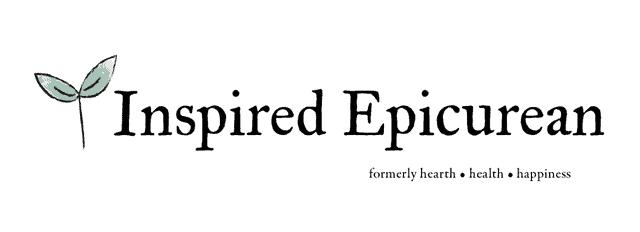


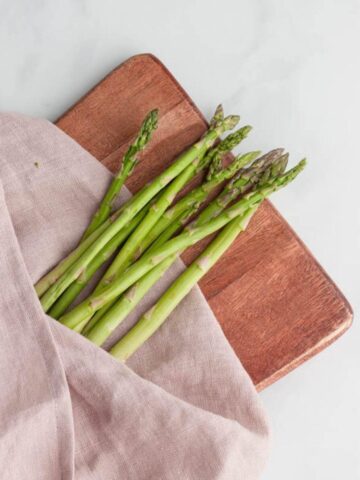
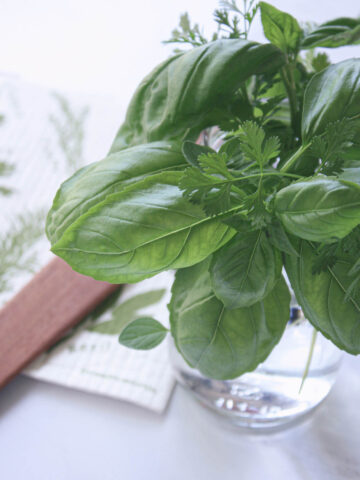
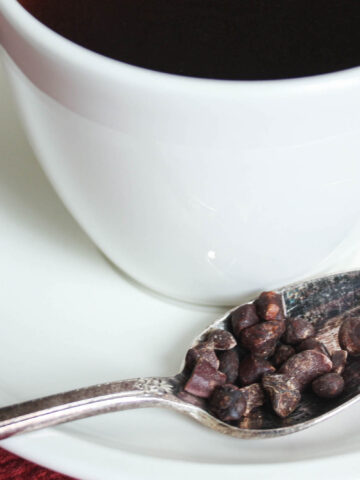
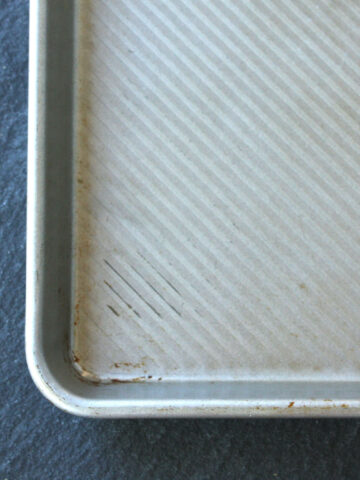
Leave a Reply